In the morning, Dr. Carlos Ortuño hops into a small electric car to check on a patient on the outskirts of the Bolivian city of La Paz.
“I thought the car would have a hard time because of the terrain, but it was a great climber,” said Ortuño of his experience driving the Quantum, the first electric car produced in Bolivia.
Mr. Ortuño's trips to see patients in an electric car the size of a golf cart are part of a program funded by the Bolivian government to bring doctors to patients living in areas far from city centers.
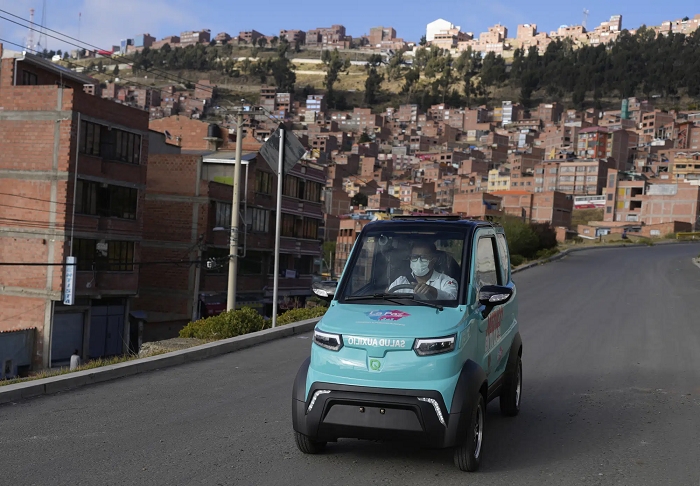 |
Dr. Carlos Ortuño drives a Quantum electric car. Photo: AP |
The “Doctor at Your Home” program was launched in La Paz in April with a fleet of six electric cars produced by Quantum Motors, Bolivia’s only electric car manufacturer. “It is a pioneering idea that protects the health of those in need, while also protecting the environment and supporting local production,” said La Paz Mayor Iván Arias.
Quantum Motors was founded four years ago by a group of entrepreneurs who believe electric vehicles will transform the automotive industry in lithium-rich Bolivia. While Tesla and other automakers around the world pride themselves on making luxury electric cars, Bolivia’s Quantum Motors offers a different kind of experience.
“Electric cars will be popular all over the world in the next few years, but it will be different in each country,” said José Carlos Márquez, CEO of Quantum Motors. “Tesla will be the dominant player in the United States with its big cars. But in Latin America, electric cars will be more compact because our streets are more like New Delhi than California.” Quantum’s creators hope the $7,600 car will help realize the dream of making electric cars a popular mode of transportation for Bolivians.
But Quantum Motors’ task of getting electric cars off the ground in Bolivia is a challenge. In the four years since it launched its first electric cars, Quantum Motors has sold just 350 in Bolivia, along with an undisclosed number in Peru and Paraguay. Despite the challenges ahead, Quantum hopes that programs like “Doctor in Your Home” will double in size and expand to other neighboring regions next year, helping to spur production and adoption of electric cars across the country.
MR. LAM
Source


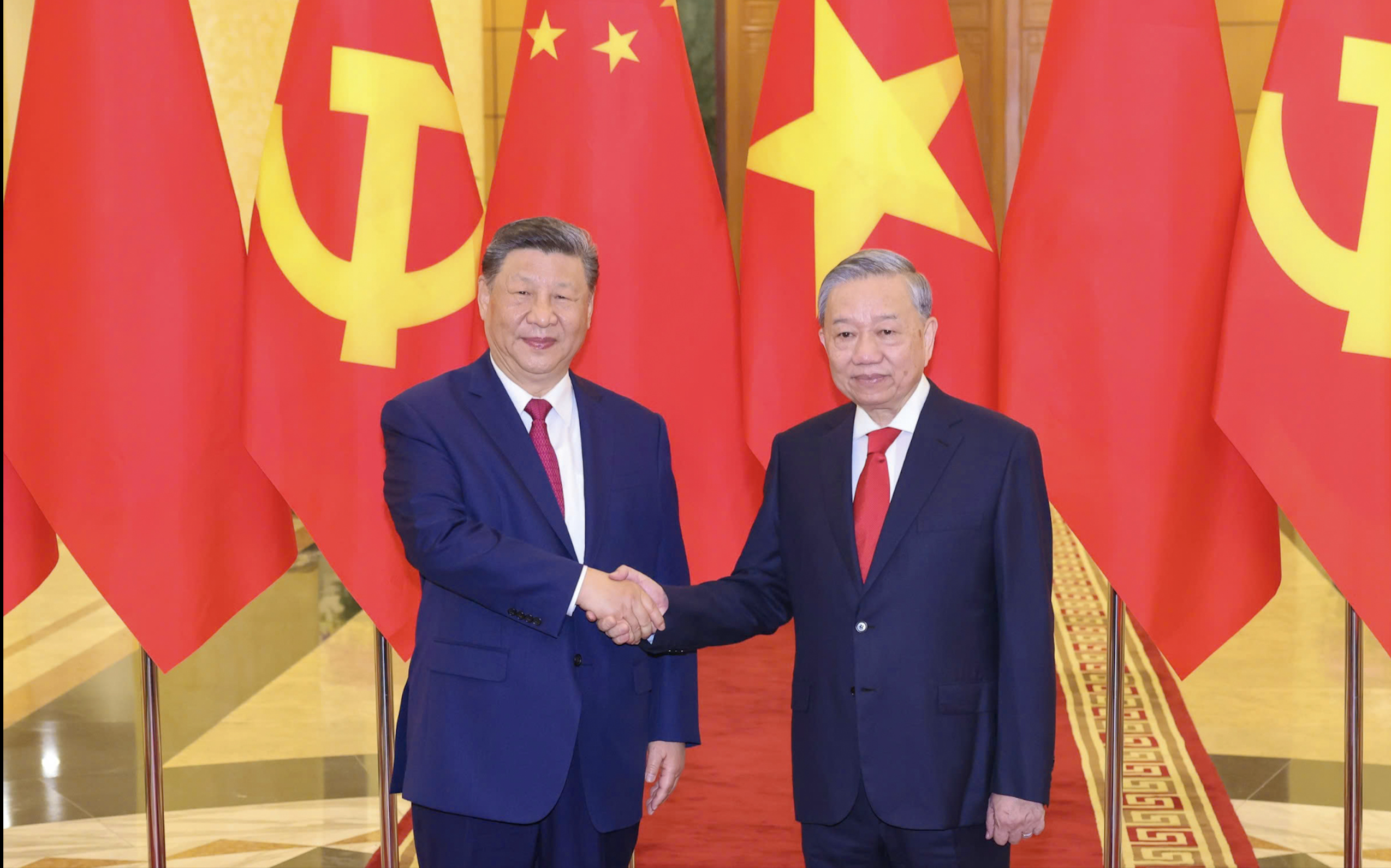
![[Photo] Prime Minister Pham Minh Chinh chairs conference to review the implementation of Resolution No. 18-NQ/TW](https://vstatic.vietnam.vn/vietnam/resource/IMAGE/2025/4/14/dcdb99e706e9448fb3fe81fec9cde410)
![[Photo] Ceremony to welcome General Secretary and President of China Xi Jinping on State visit to Vietnam](https://vstatic.vietnam.vn/vietnam/resource/IMAGE/2025/4/14/5318f8c5aa8540d28a5a65b0a1f70959)


![[Photo] General Secretary To Lam holds talks with General Secretary and President of China Xi Jinping](https://vstatic.vietnam.vn/vietnam/resource/IMAGE/2025/4/14/b3d07714dc6b4831833b48e0385d75c1)
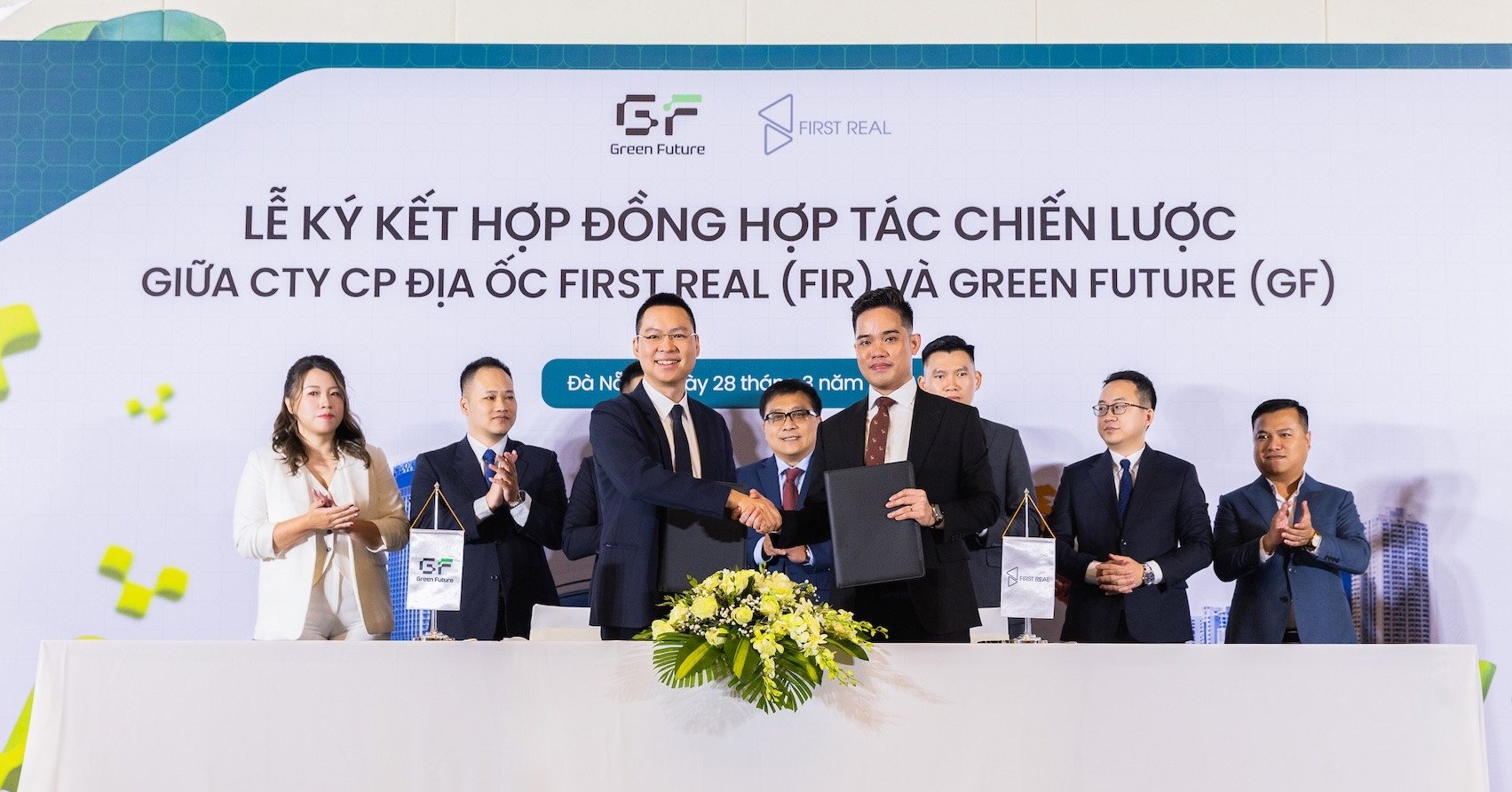

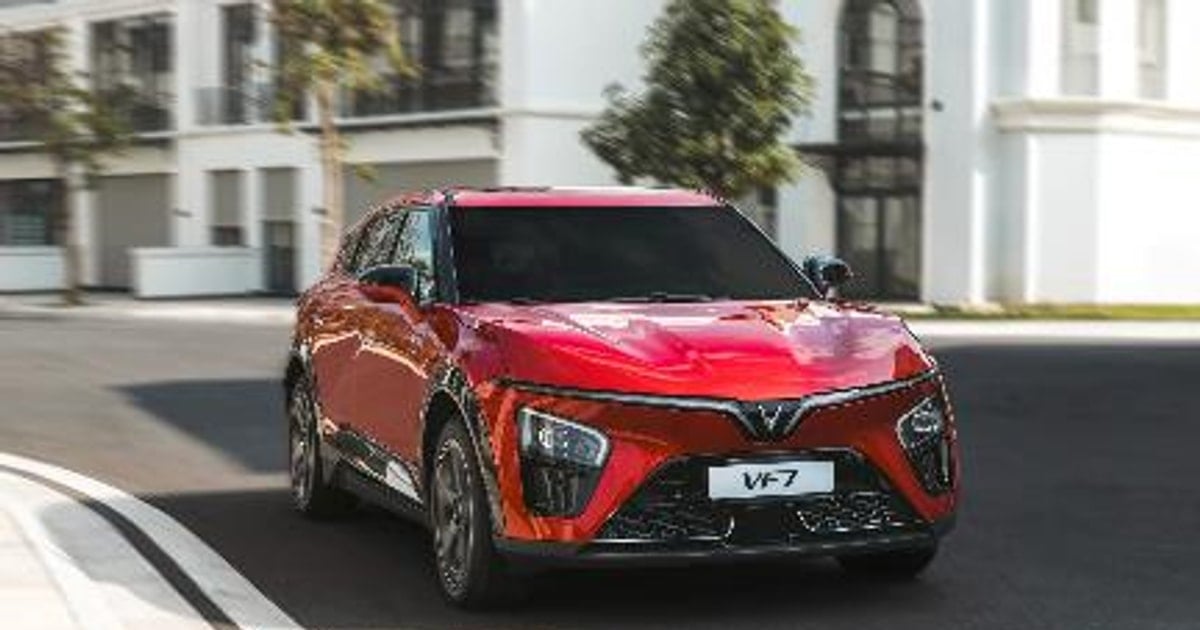

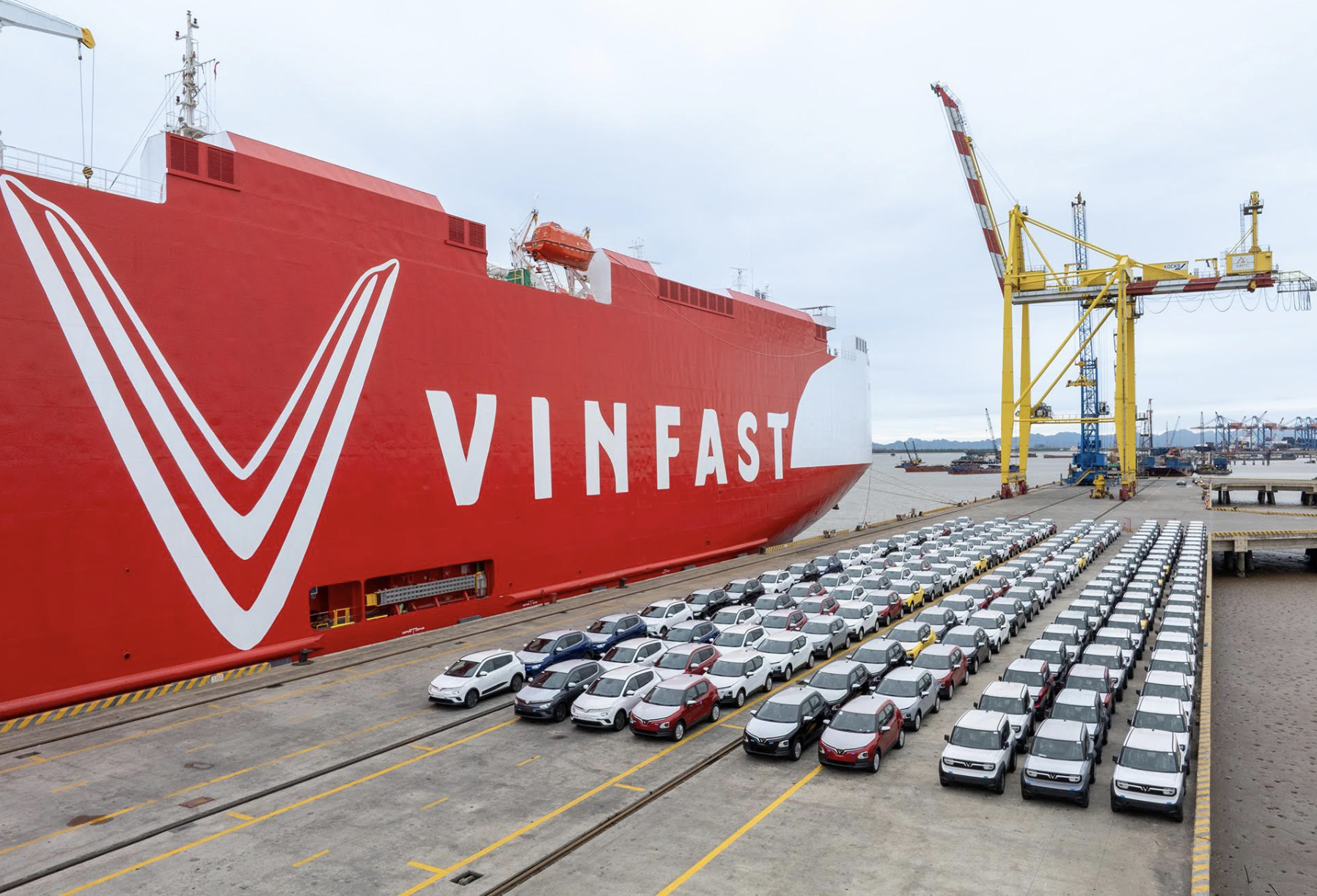

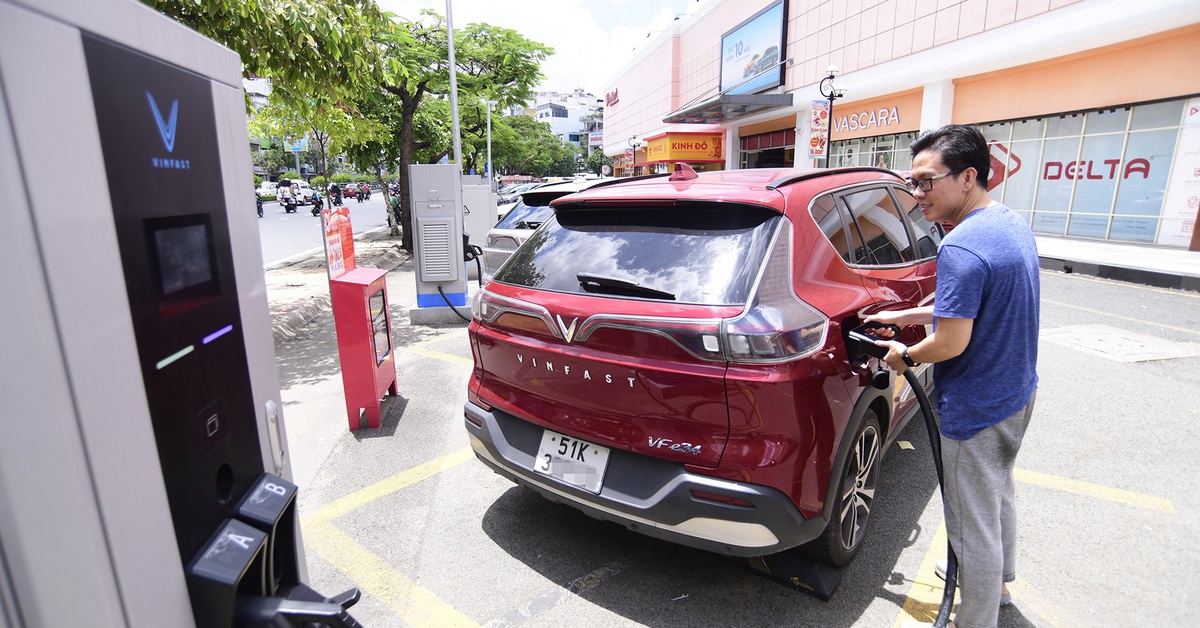

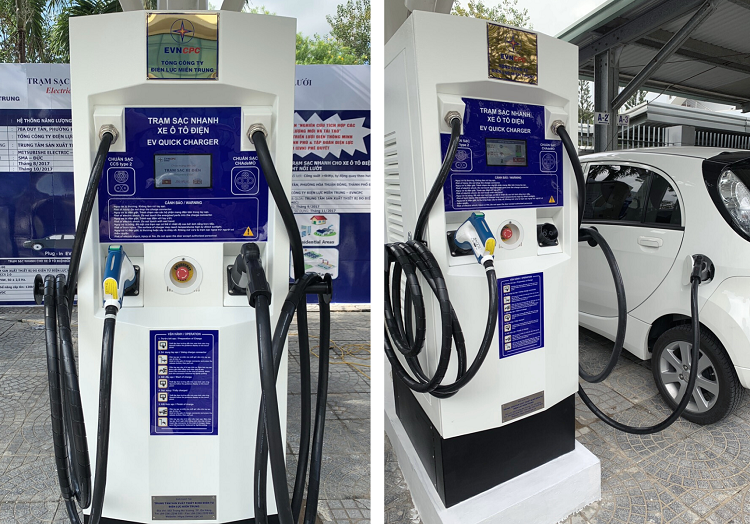

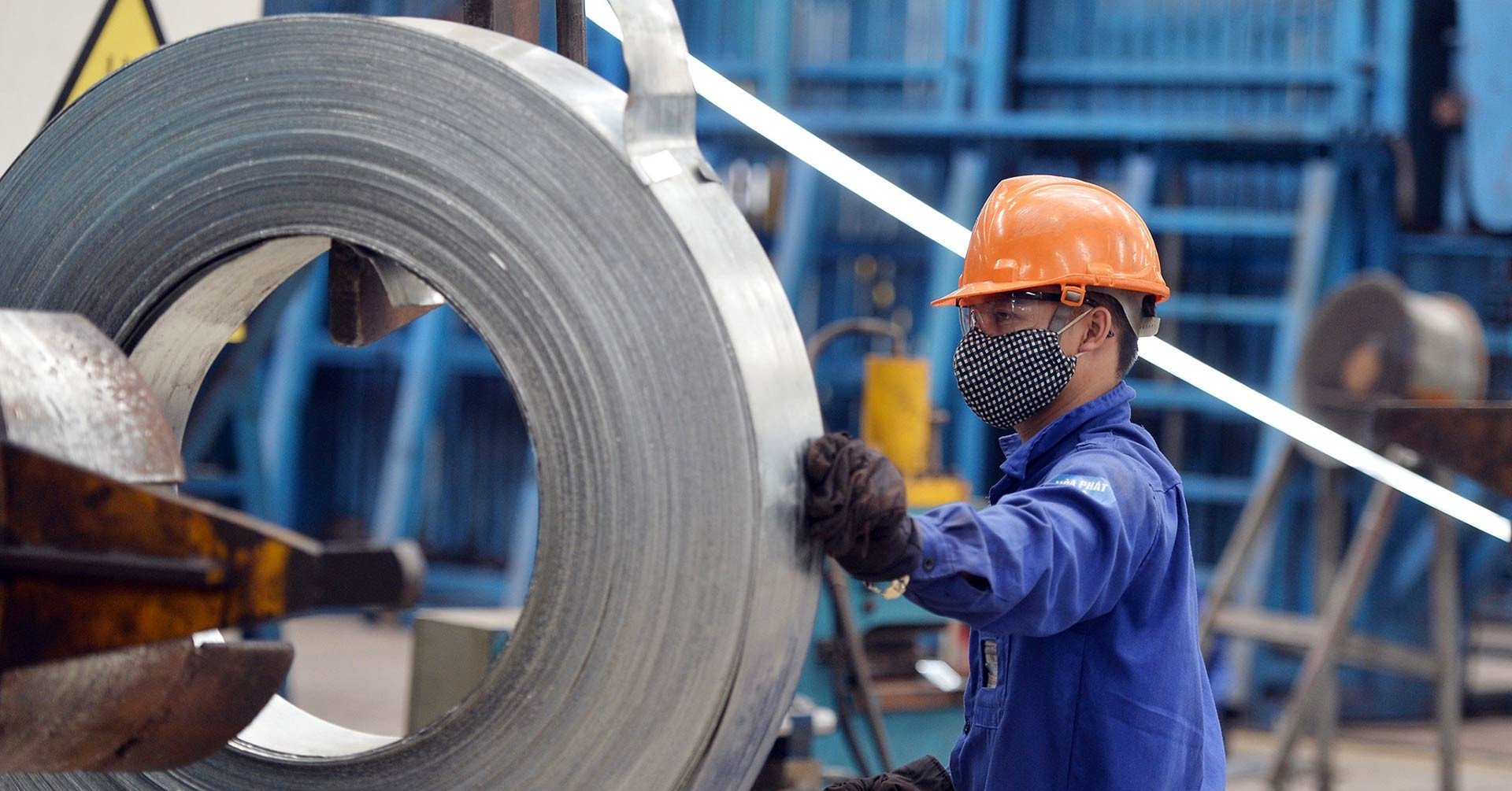
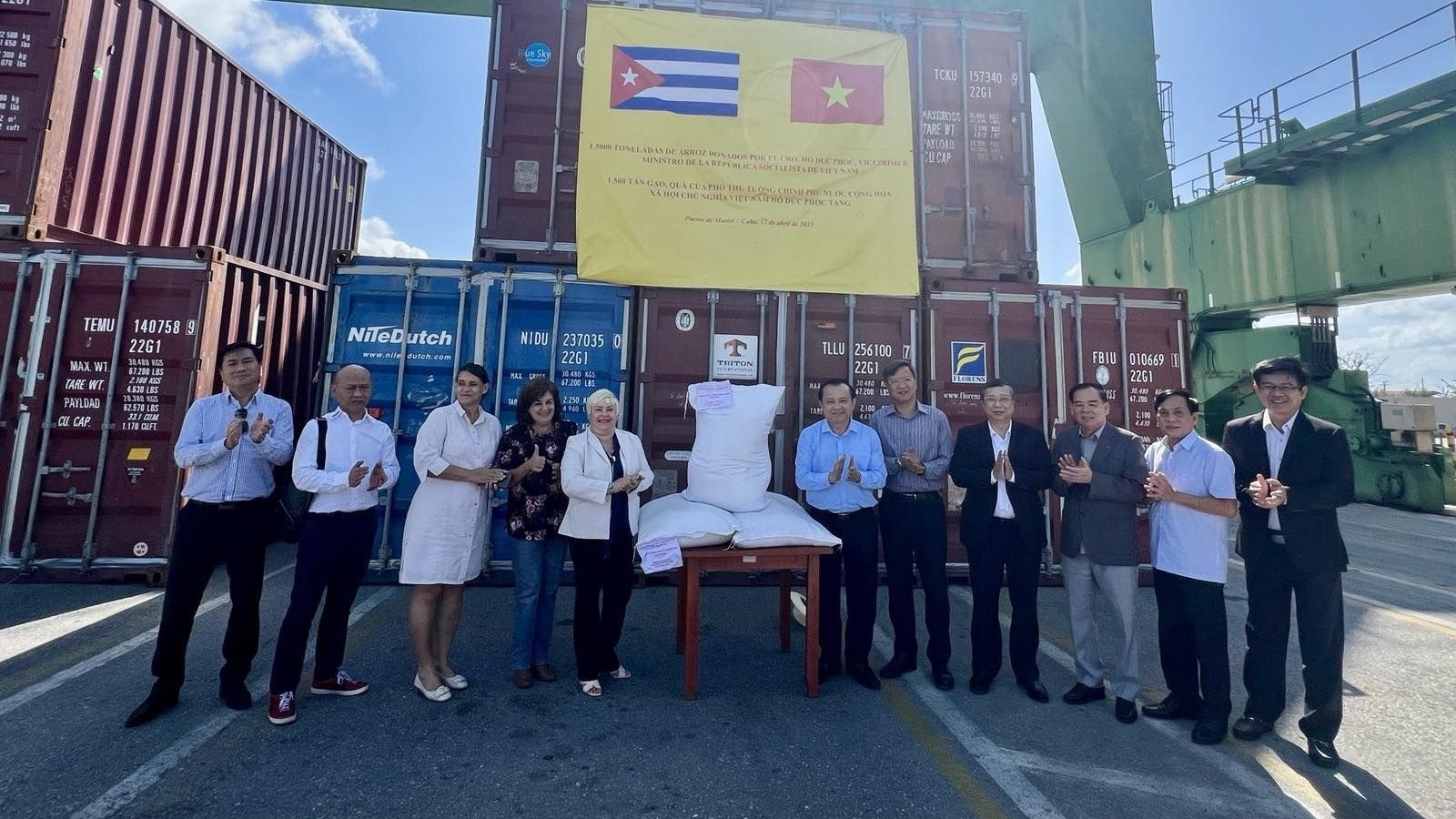

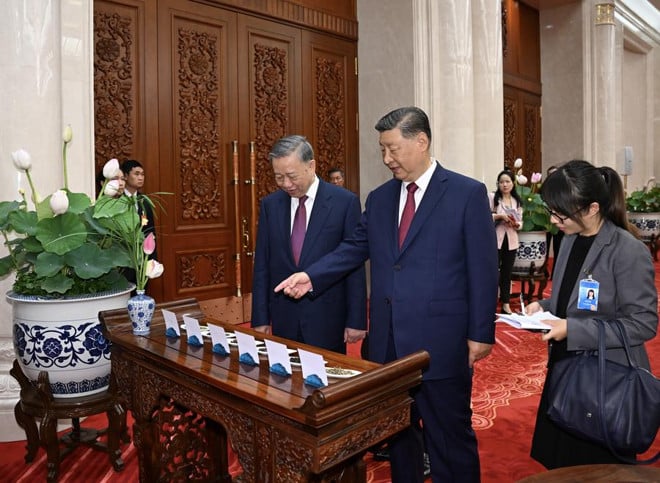
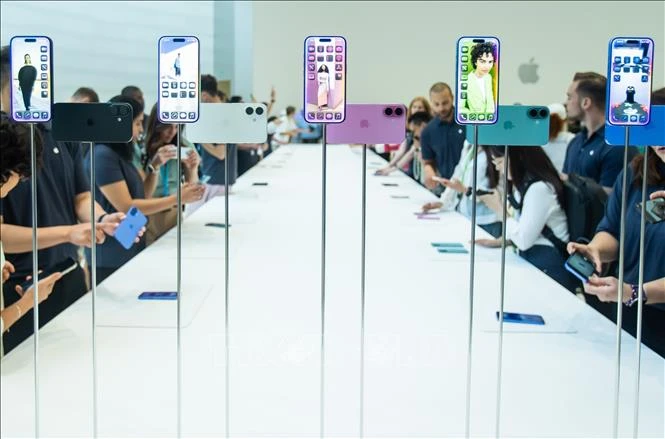
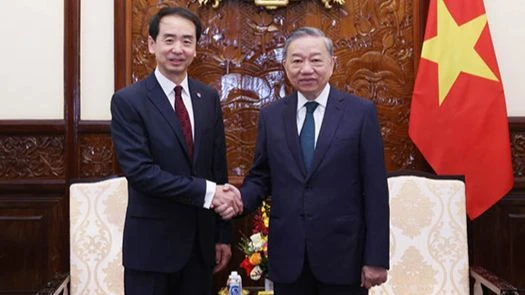
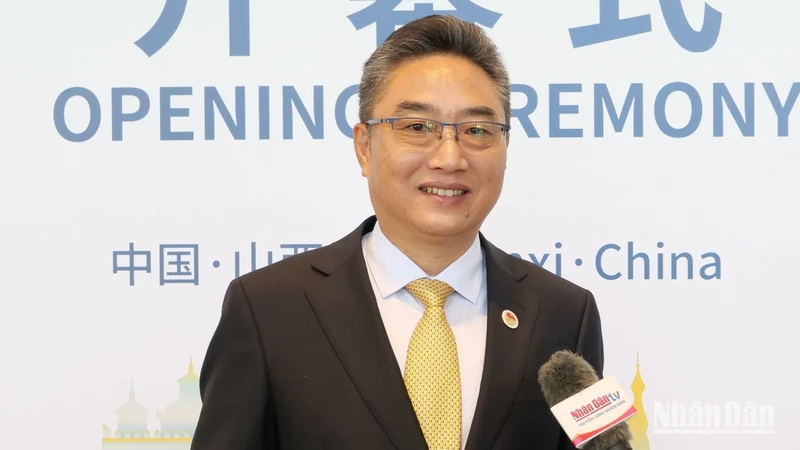




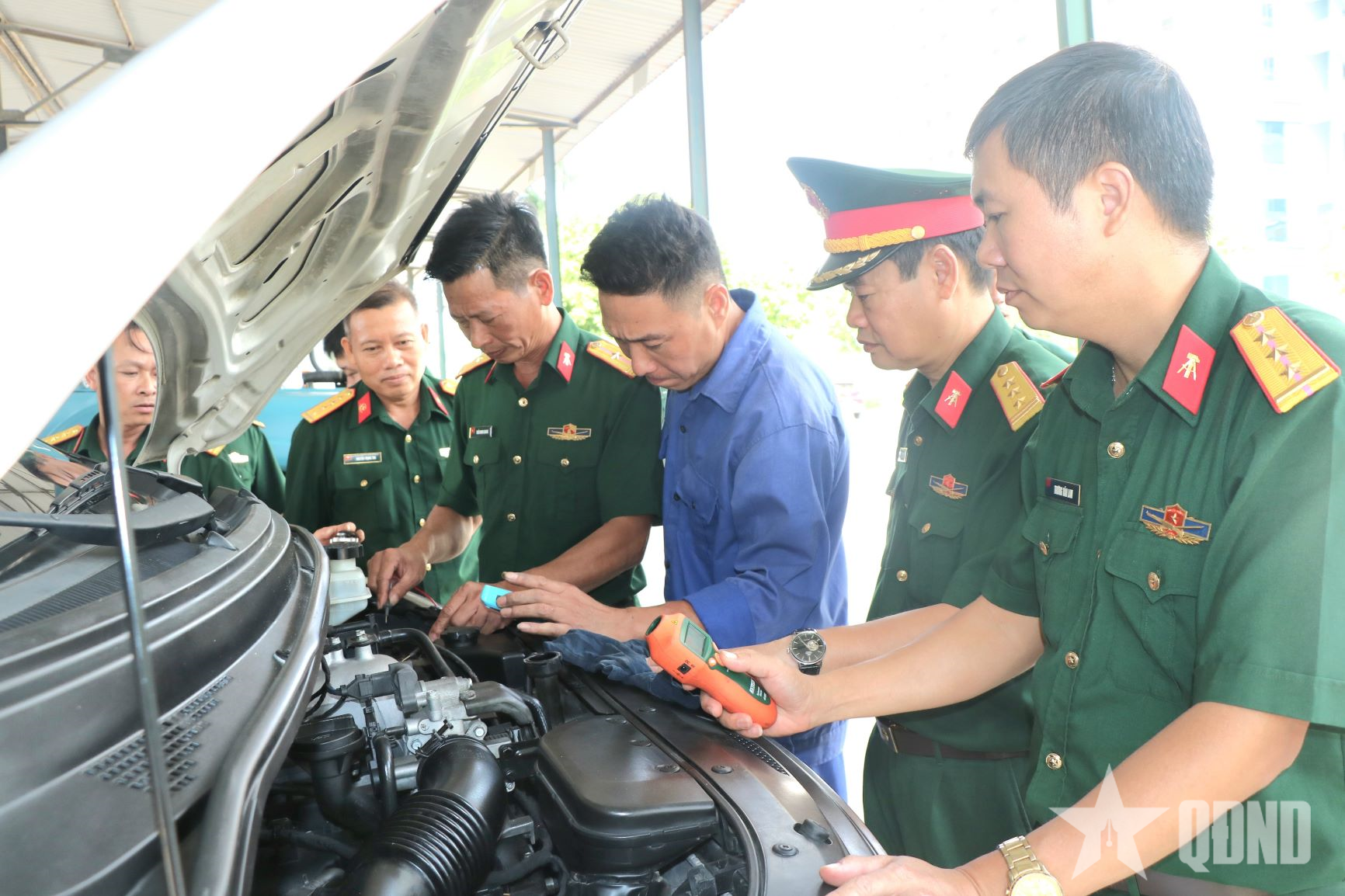



















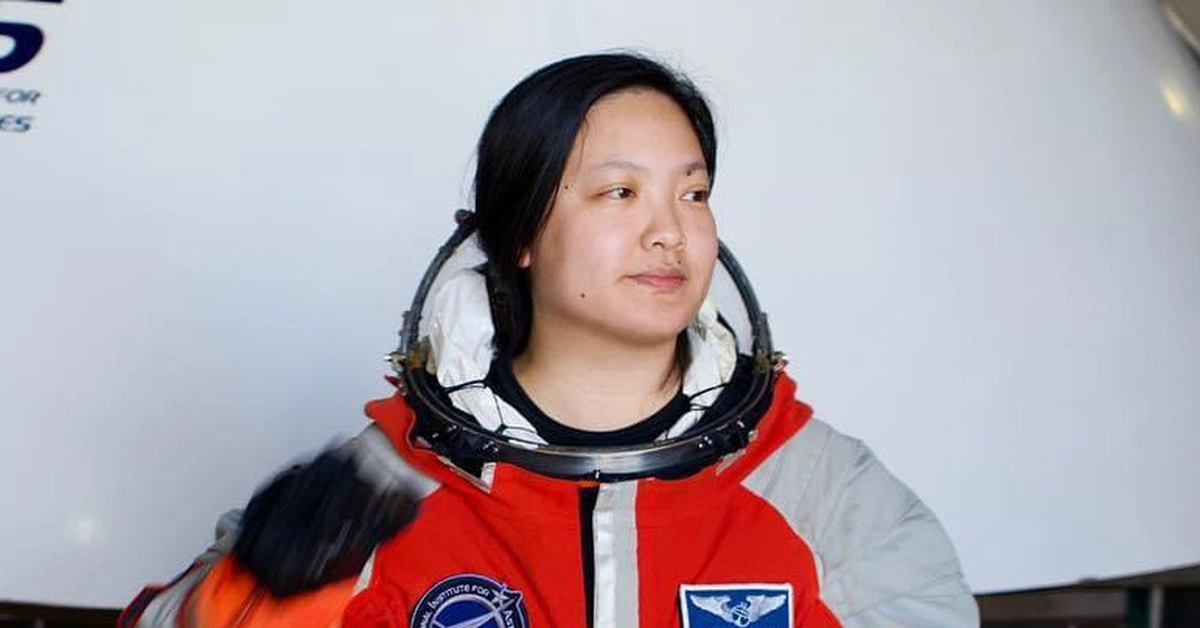

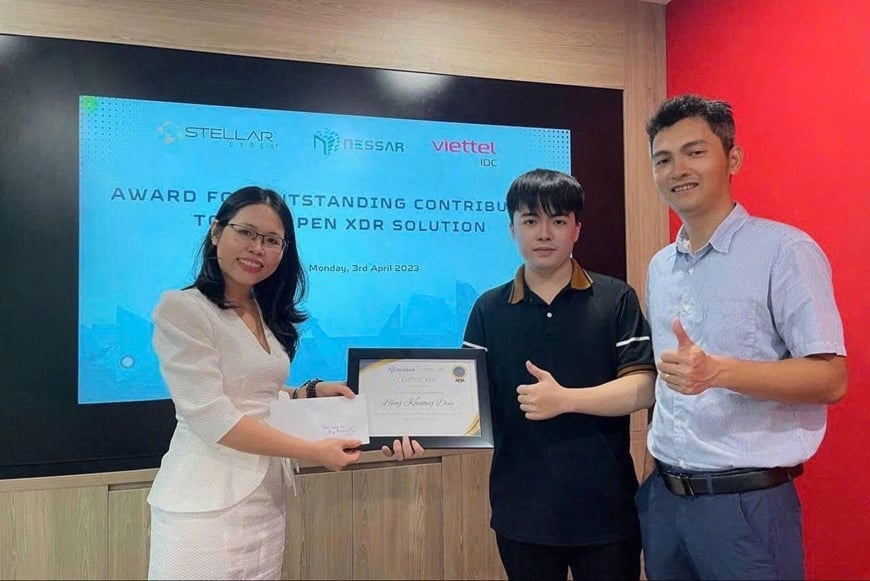










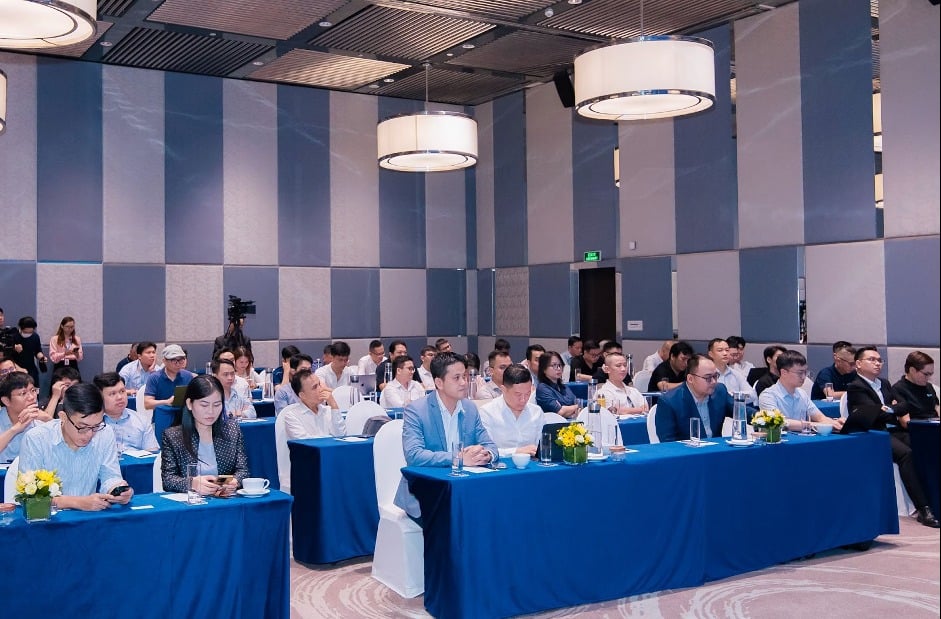


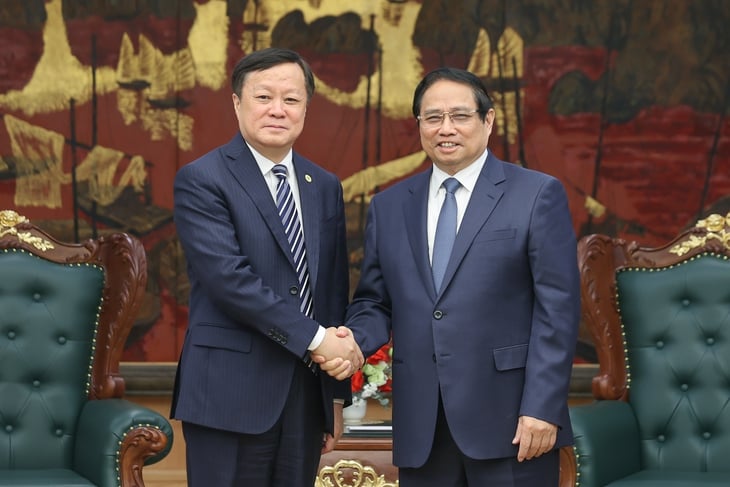
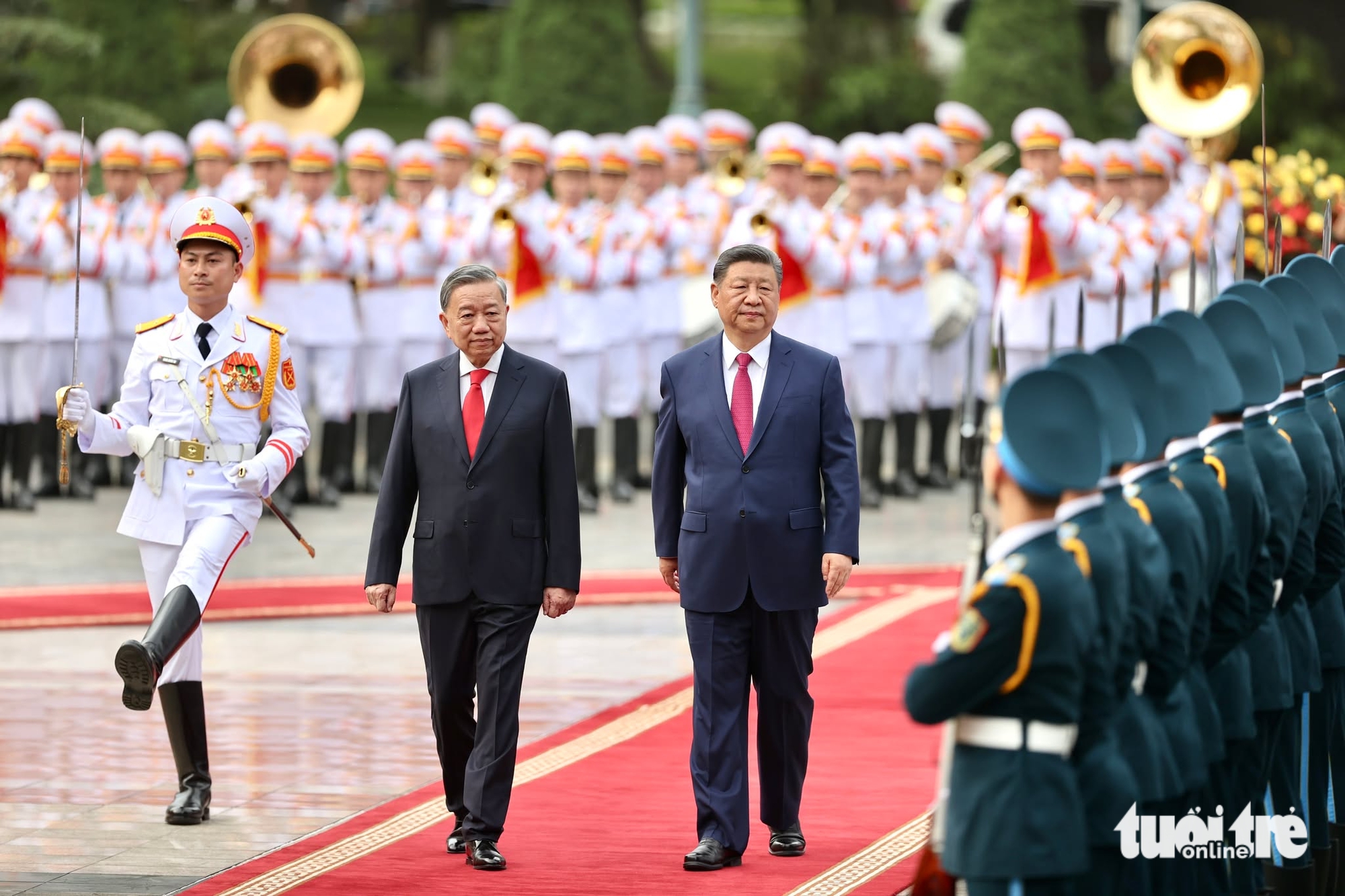
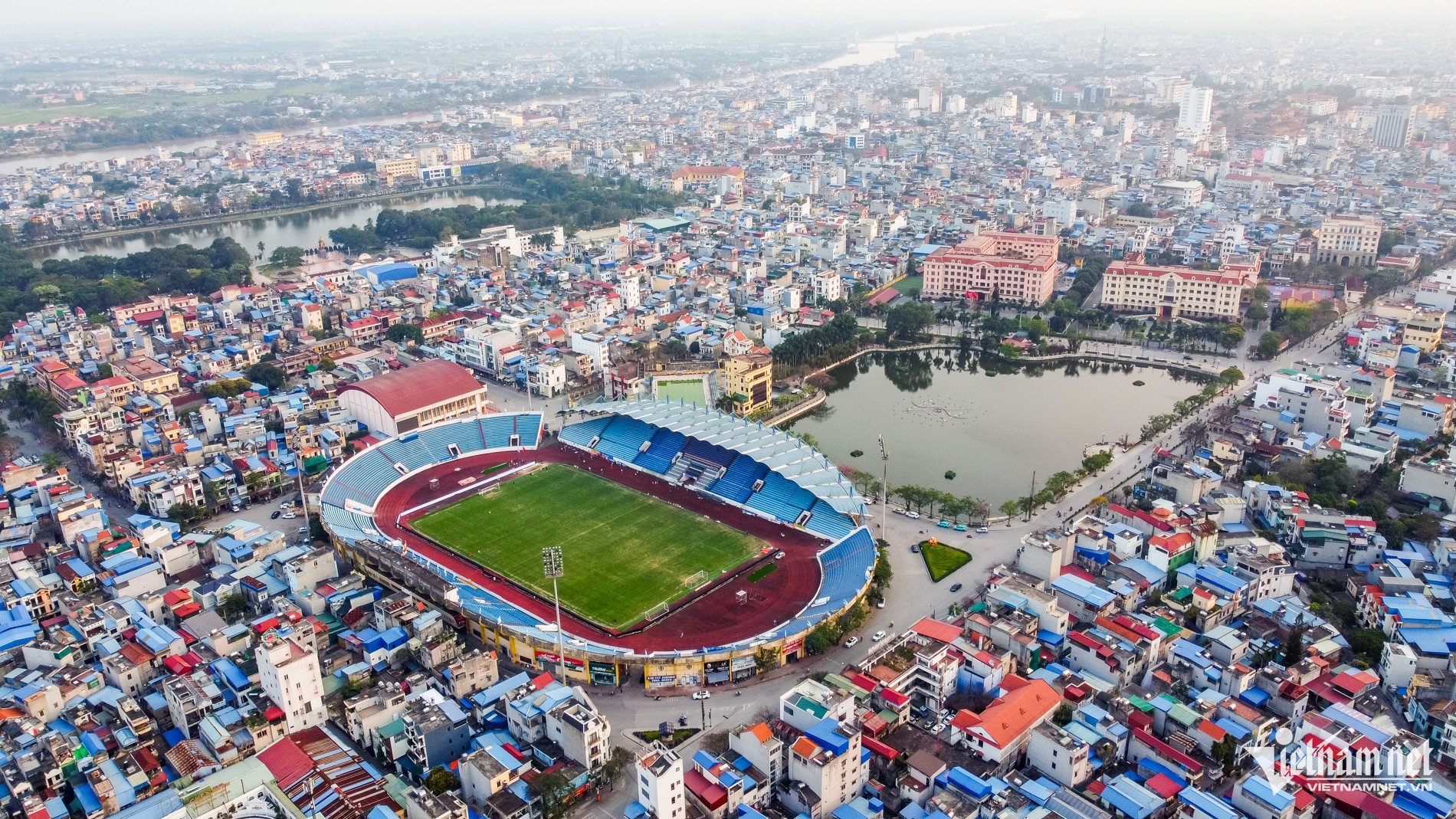

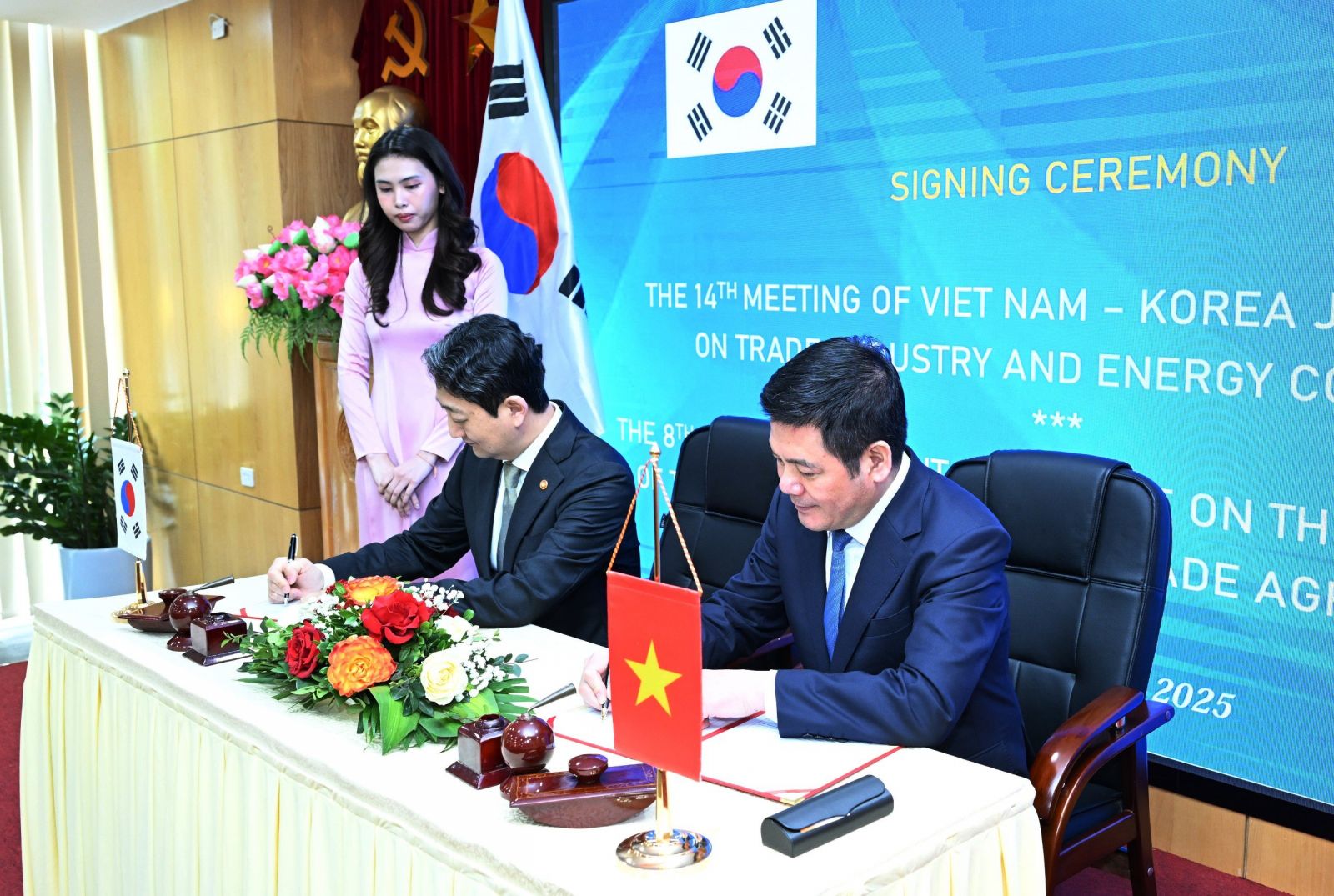


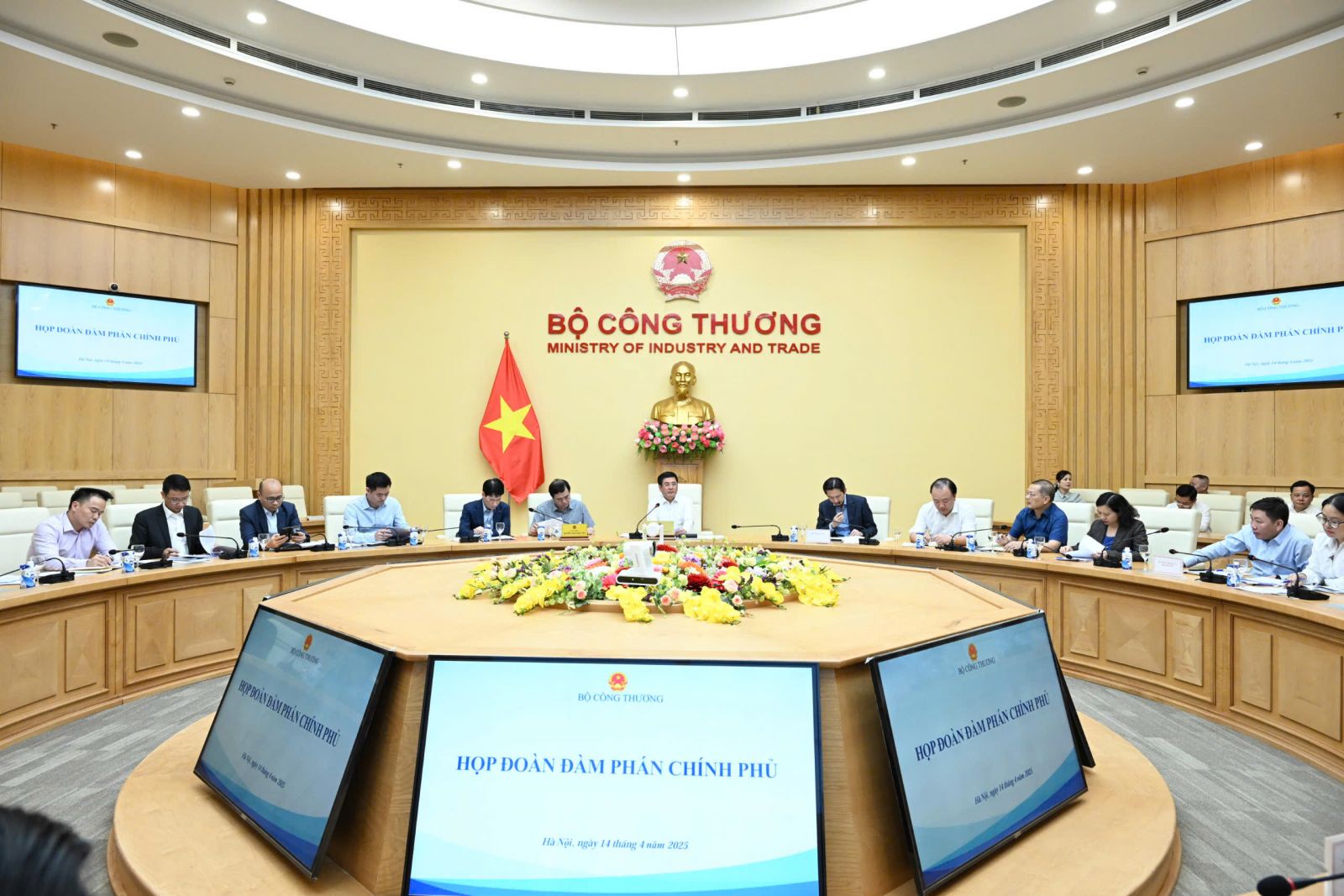


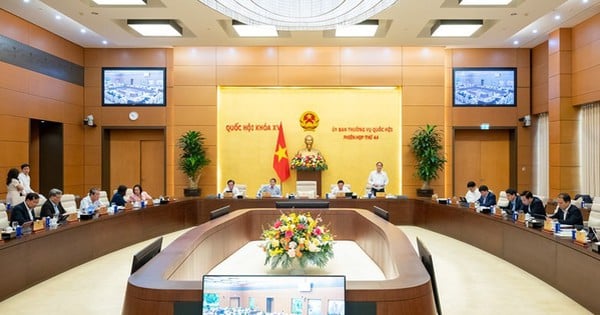
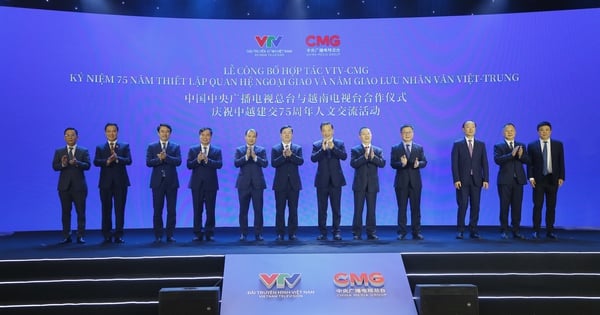







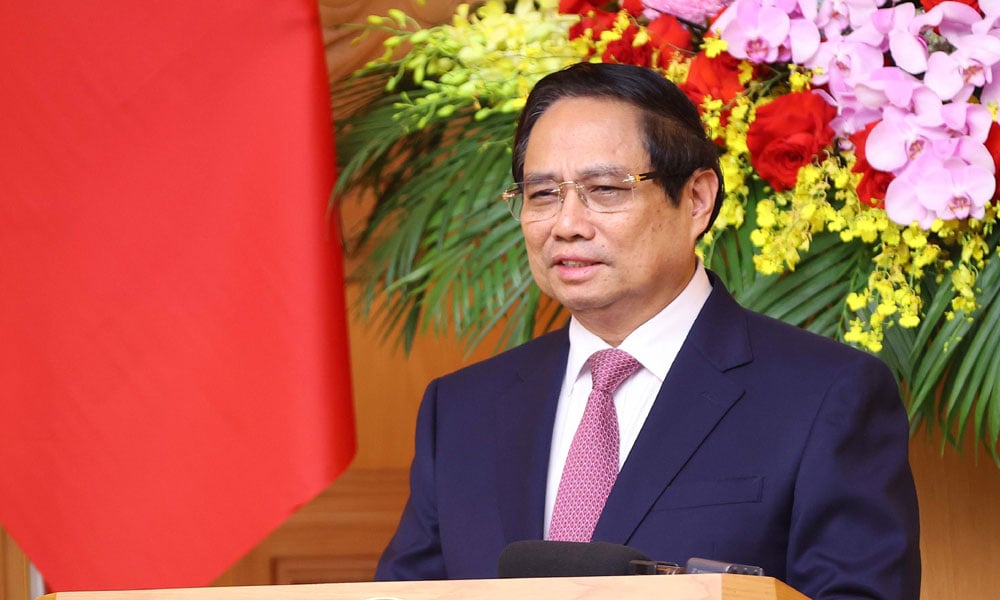

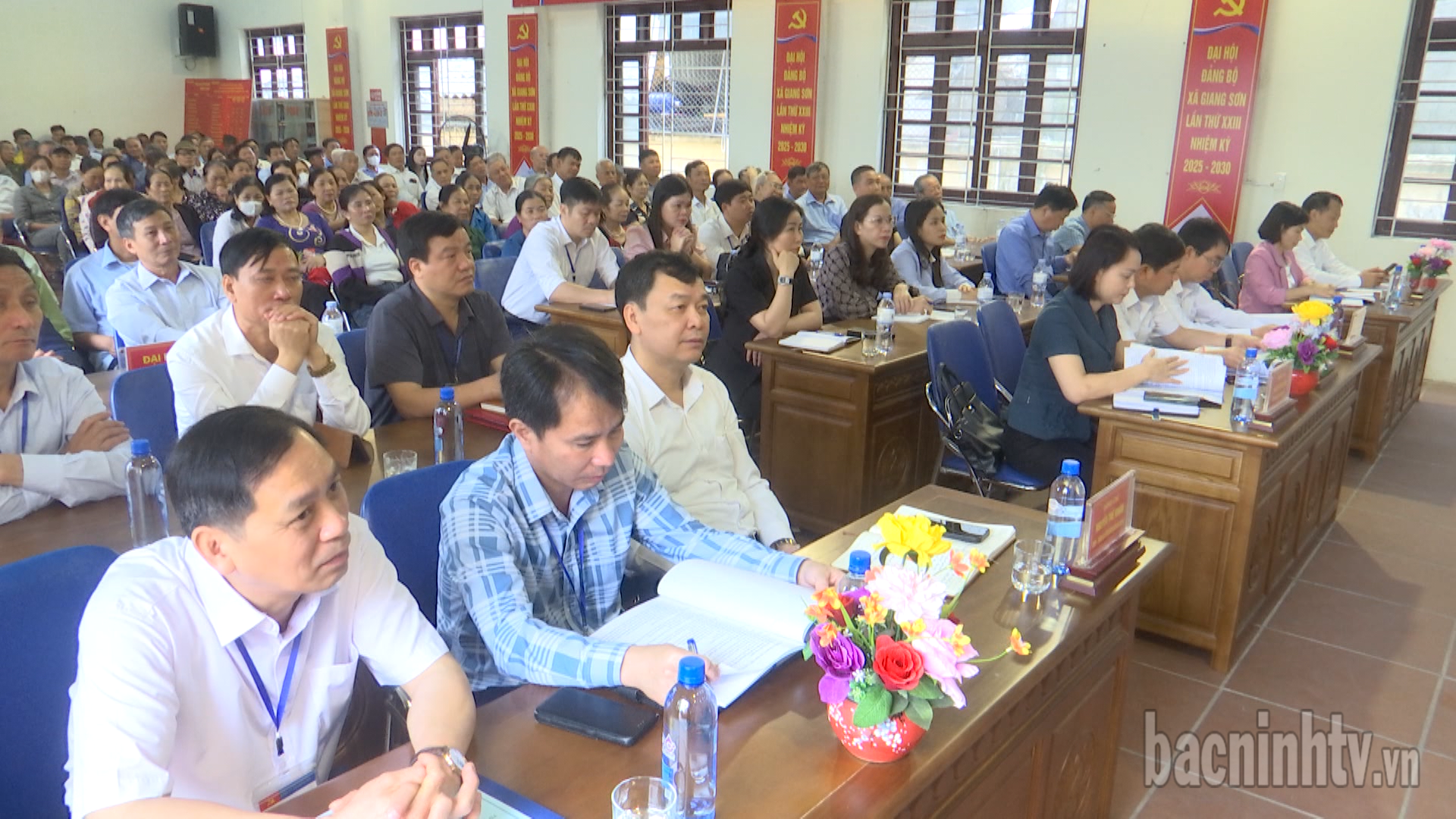










Comment (0)